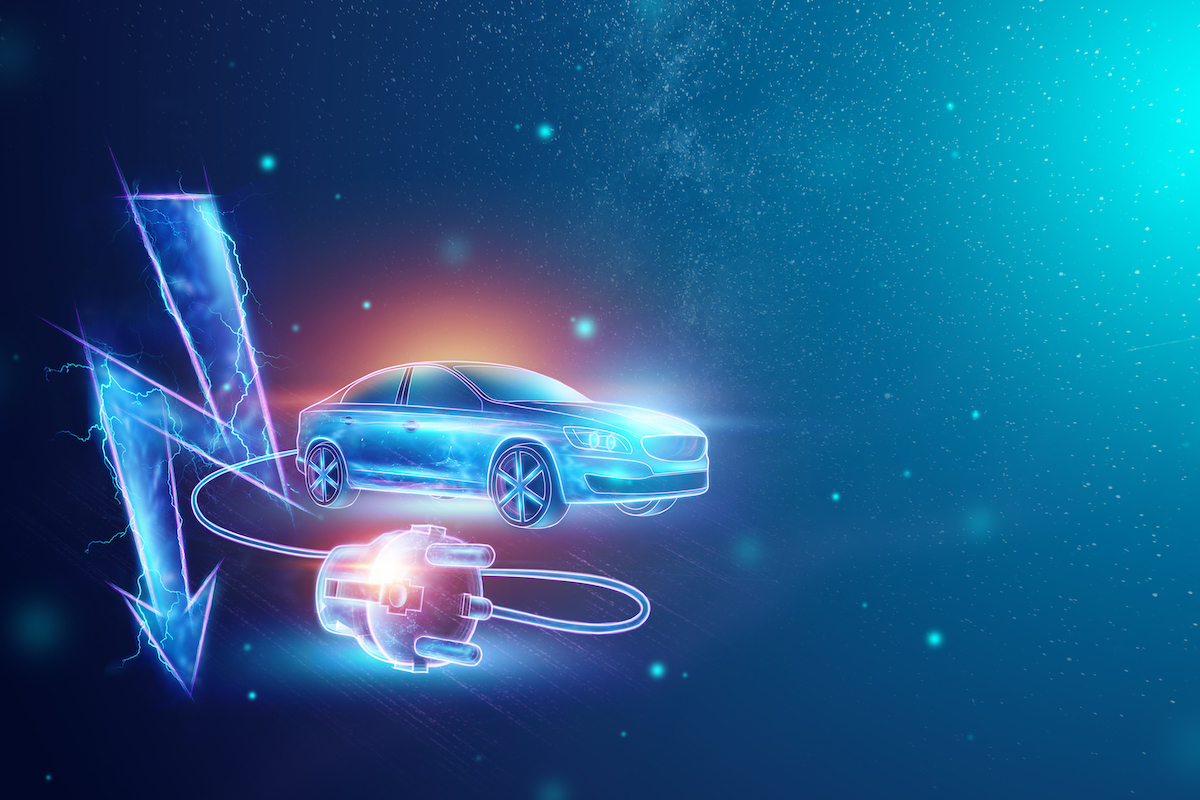The Future of eMobility
The transition to e-mobility is gaining pace. As countries around the world sharpen their focus on lowering carbon emissions, there are more electric vehicles (EVs) on the road than ever before.
The Growing Need for Future eMobility Technology
Over half of all passenger vehicles sold will be electric by 2040, according to Bloomberg New Energy Finance. As concerns around climate change heighten, there are strong governmental efforts around the world to lower carbon emissions. Several countries have plans to phase out internal combustion engine (ICE) vehicles in the near future, which will lead to fewer vehicles requiring fossil fuels.
The transport sector accounts for a quarter of energy-related greenhouse gas emissions, with potential to increase further, according to The World Bank. Not surprisingly, an increasing number of standalone firms are now entering the EV charging market. Last year, the number of publicly accessible chargers increased by 60 percent globally compared with the previous year, according to the International Energy Agency.
Gas stations are already strategically placed in locations according to driving patterns. The installation of EV chargers at these locations will create a network that will be convenient for drivers, no matter where they are. Often, there is no need for major changes in layout and customers are likely to spend more time at the station when charging EVs than when filling with gas. This allows owners to add additional streams of revenue by introducing lounges or restaurants where EV owners can relax while their car charges.
Future eMobility Benefits
The key to maximizing the benefits of this transition lies in managing energy efficiently by keeping track of unused capacity and utilizing it to generate more revenue. Both the usage of EVs and a reliable charging infrastructure are inter-connected in the process of expanding the adoption of e-mobility.
FAQs about the future of eMobility
Is electric mobility the future?
Yes, electric mobility is a significant part of the future of transportation. As the world moves toward sustainability and reduced emissions, electric vehicles are becoming increasingly important in reshaping the automotive industry and reducing our carbon footprint.
What does the future of mobility look like?
The future of mobility is likely to be characterized by increased electrification, autonomous vehicles, shared mobility services, and interconnected transportation systems. It will be more sustainable, efficient, and tech-driven, catering to personalized experiences.
What is the future outlook for the automotive industry?
The future outlook for the automotive industry involves a shift toward electric and autonomous vehicles, innovative mobility services, and integration of advanced technologies like AI and connectivity. Collaboration between traditional automakers and tech companies will play a significant role.
What will happen to the automotive industry in the future?
The automotive industry is undergoing a transformation. It will move away from traditional internal combustion engines to electric powertrains, focus on autonomy and safety, and explore new business models like mobility-as-a-service (MaaS) to adapt to changing consumer demands and environmental concerns.
What will mobility look like in 2040?
Mobility in 2040 is expected to be highly autonomous, electric, and seamlessly integrated with smart infrastructure. Shared mobility solutions will be prominent, reducing the need for individual car ownership. Hyper-connectivity and sustainability will shape the transportation landscape.
More about A cleaner energy future
About the Author
 Alexandra Goodson is the Global Product Marketing Manager for energy storage modules and e-mobility in the Distribution Solutions Division of the Electrification Business at ABB. She has nearly ten years of experience in the energy storage market having previously worked at an energy storage integrator as ESS Sales Director. In addition, she has worked with off road vehicle electrification and is excited to continue supporting the transition to green, clean power. She received her Industrial Engineering degree from Missouri University of Science and Technology.
Alexandra Goodson is the Global Product Marketing Manager for energy storage modules and e-mobility in the Distribution Solutions Division of the Electrification Business at ABB. She has nearly ten years of experience in the energy storage market having previously worked at an energy storage integrator as ESS Sales Director. In addition, she has worked with off road vehicle electrification and is excited to continue supporting the transition to green, clean power. She received her Industrial Engineering degree from Missouri University of Science and Technology.



